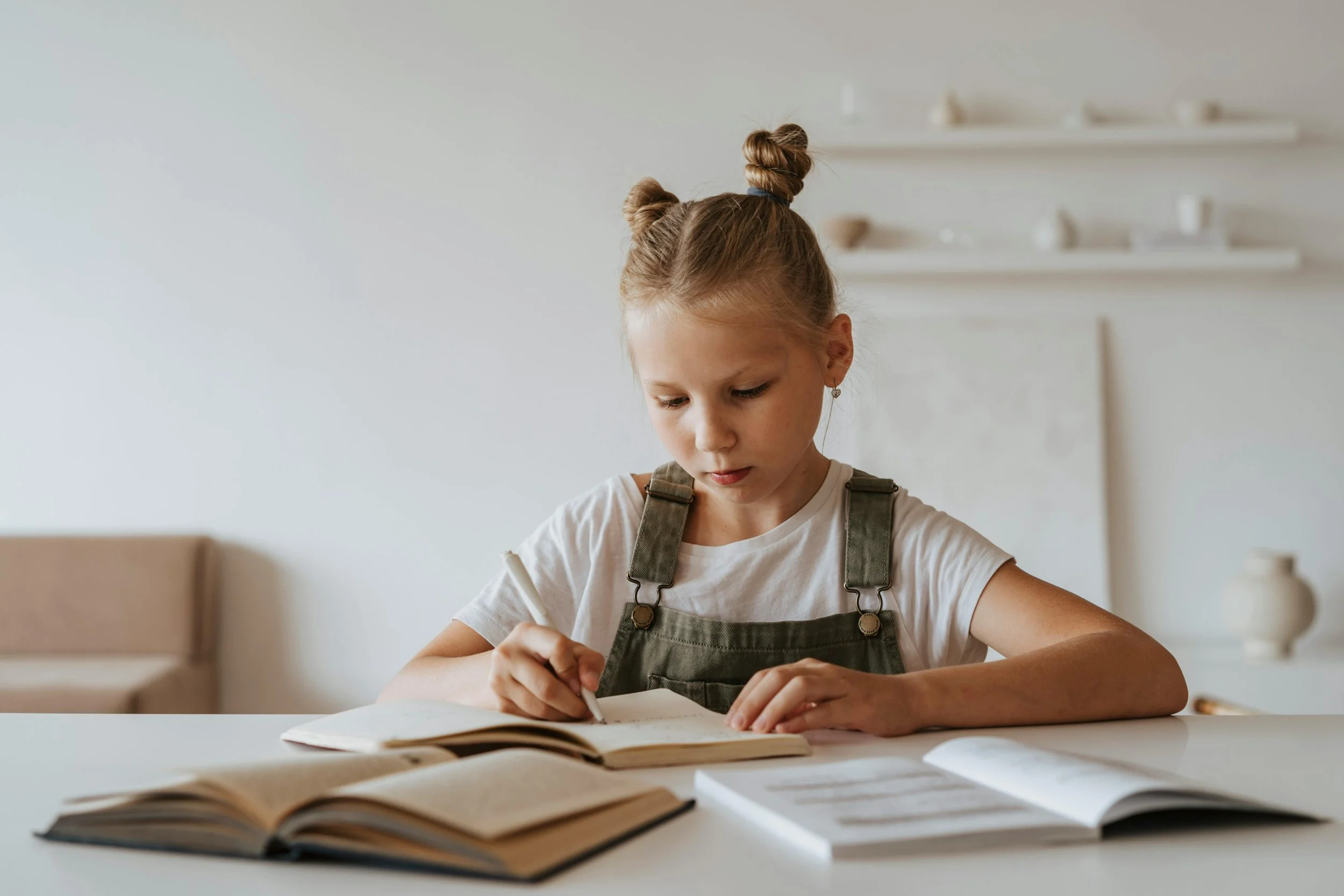
School Based Support at Creative Connections Therapy
Many schools are experiencing an increase in mental health difficulties amongst their pupils and, along with the constant demands made on staff from the curriculum and data requirements, supporting these children can feel overwhelming.
In Britain, an estimated 2 in 10 children have a mental health problem in any given year (Mental Health Foundation 2005). All these children will have had contact with schools and teaching staff are often the first to spot when children have difficulties. Schools frequently must cope with children who have complex emotional and behavioural difficulties, which lead to them not being able to benefit fully from the educational system. Play Therapy not only helps children to recover from difficult life experiences, but in doing so, also helps children to be more receptive to learning and therefore enables their educational needs to be better met.
At Creative Connections we offer support through specific therapeutic interventions and general advice to schools. We can complement existing school support programmes, such as ELSA, and help bridge the gap between school interventions and CAHMS.
Having a play therapist who is accredited by an organisation on the Professional Standards Authority can help the school feel confident that the extra advice and support they are receiving comes from a highly trained and qualified professional who maintains standards and follows an ethical code.
Please contact us to discuss costs or any queries. We are very flexible and aim to provide a service which best fits the school while maintaining good ethical practice for the children.
-
Helps children and young people to build healthier relationships with teaching staff and peers.
Reduces emotional, behavioural and social obstacles to learning.
Improves adaptation in the classroom.
Enhances communication and play skills as well as emotional literacy.
Addresses the needs of at-risk children.
Supports and advises teaching staff.
Play therapy allows children a safe psychological space where they can express themselves free from judgement and receive emotional support that will help them gain insights into their own behaviours, feelings and relationships. The toys create the emotional distance which make it possible for children to explore their pain and bring about emotional healing.
Play Therapy in Schools is effective because...
It is a familiar and safe environment for both children and their parents/carers.
It is accessible for all children.
It provides consistency and reliability.
School staff often have a unique perspective on children in their care and can identify difficulties and changes early on.
School staff interact closely with children in their care and therefore can help modify their development, learning and behaviour.
Benefits to children are seen as increased self-confidence, better self-esteem, reduction in fear and anxiety, increase in sustained and positive peer relationships, improved behaviours, greater access to learning, reduced aggression, a calmer and happier sense of wellbeing, improved relationships and better harmony at home.
At Creative Connections we work with schools to promote positive mental health in a variety of ways:
1-1 play therapy sessions for children and young people
Group play therapy
Training for staff
Supervision for staff
-
We provide play therapy and creative counselling to children and adolescents in school who are experiencing emotional challenges and need a safe place to explore their thoughts and feelings. We believe in helping children find a path to a happier self, to help them develop an inner strength and resilience, so that they can achieve their full potential.
The sessions for each child run weekly at 40 minutes per week, for a minimum of 12 weeks dependent on the level of need.
The contents of the sessions are confidential, but we do discuss with teachers and parents’ strategies which will be helpful to support the child if required.
Our recent school data indicated that teachers saw an 83% overall positive change in children attending play therapy.
-
Group play therapy is an intervention for 3-5 children who are experiencing similar low risk difficulties, such as friendship issues, low self-esteem, anxiety, anger or bereavement. Working as a group allows them to learn together and can help increase their emotional wellbeing.
The sessions are structured but allow for self-direction too. Like play therapy, the therapist provides a safe space for children to explore and express themselves and offers sensitive and positive support that contains the group dynamics.
The group work together on their therapeutic objectives in a variety of games and creative activities. The therapist helps guide the activities but takes on board individual and group ideas, gently guiding them through their experiences and interactions in a way that helps them understand themselves and each other better.
The sessions run for 50 minutes a week, for 6-8 weeks and each group is offered a tailored package of support that includes teacher and parent consultations at the beginning and end of the work.
-
Play therapy needs regular weekly sessions.
We can offer schools a half day or whole day intervention, depending on need.
We provide all play therapy materials and equipment, though it is helpful to have some storage space.
Referrals and assessments
Pre-session planning and post session analysis
Review meetings, every 6-8 weeks
Telephone support and consultation for parents and carers
Liaison with teachers and SENCo
Written reports at end of therapy and if required to support EHCP reviews and applications
Advice and strategies on how to support the child at home and at school
-
When working with children in a school we value the importance of the relationship with the staff too. We offer support and share knowledge when and where we can. We can do this informally, catching up with teachers and SENCos as required, or with staff training. We can support staff wellbeing by offering weekly mindfulness sessions, and creative and solution focused support sessions.
We have provided training to schools on a range of topics from attachment and neurobiology of early development to practical strategies for a relationship-based approach to classroom behaviour.
We have developed specific training, sharing useful behaviour management strategies for teaching assistants and 1-1 learning support staff. One school asked for training on playful approaches to supporting engagement in learning. Another on helping 1-1 support assistants to build trusting relationships with their pupils.
